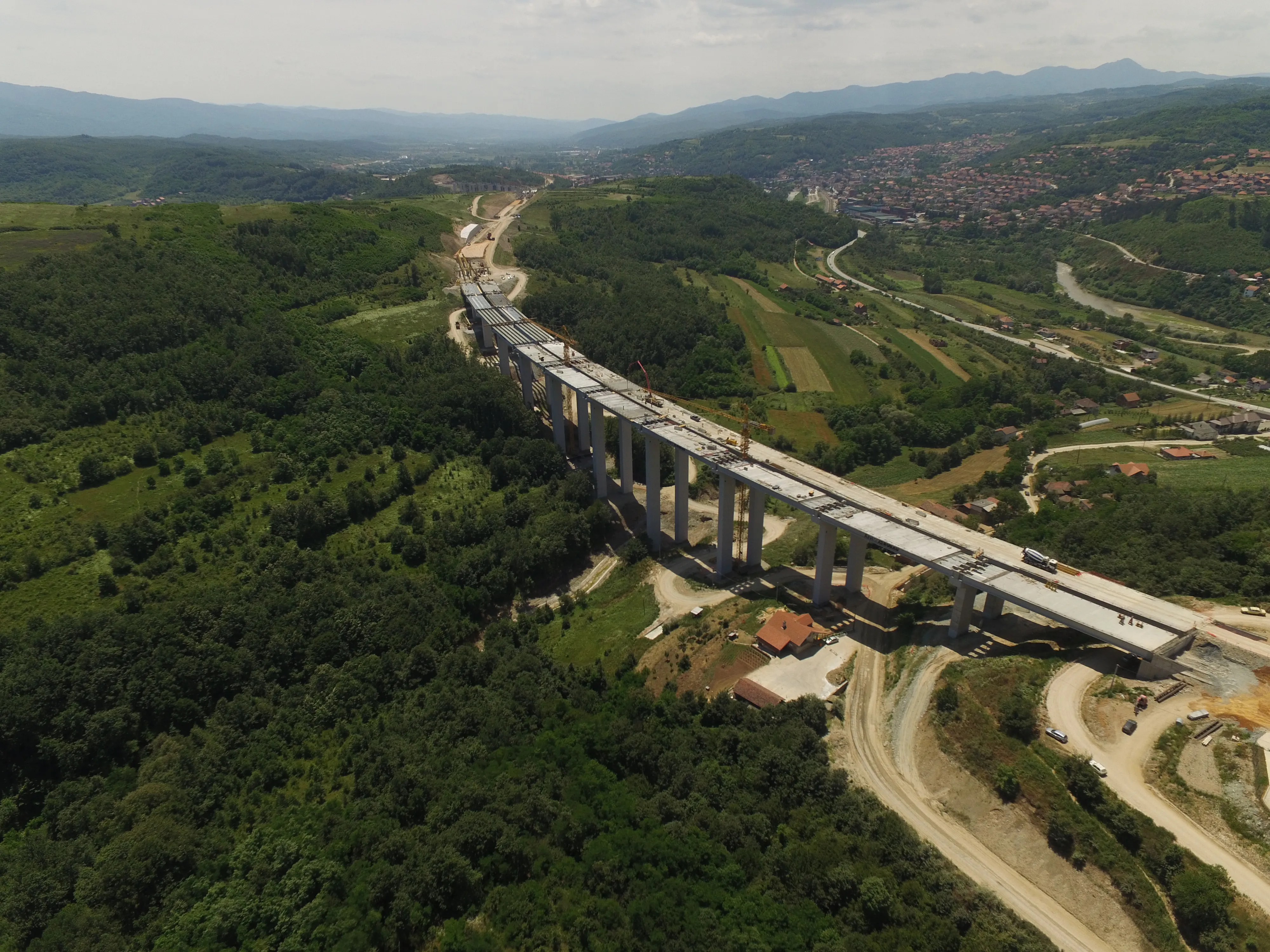The long tale of woe concerning Poland’s troubled A2 highway project looks set to continue with the latest developments in the case. The Chinese contractor China Overseas Engineering Group Co (Covec) is appealing against a decision made by the Polish national road authority GDDKiA. The Polish authorities cancelled the contract that COVEC had previously been awarded to build a section of the A2 highway between Warsaw and Lodz.
May 9, 2012
Read time: 3 mins
The long tale of woe concerning Poland’s troubled A2 highway project looks set to continue with the latest developments in the case.
The Chinese contractor China Overseas Engineering Group Co (2487 COVEC) is appealing against a decision made by the Polish national road authority 1361 GDDKiA. The Polish authorities cancelled the contract that COVEC had previously been awarded to build a section of the A2 highway between Warsaw and Lodz.
The highway is an important one as it will link the Polish and German capitals Warsaw and Berlin respectively. Covec’s deal was a landmark decision, the first time a Chinese firm had won a major construction contract in Europe. The firm won the tender process for the 50km highway stretch with a low bid that caused some controversy as other bidders complained about being undercut. The problems started soon after Covec commenced work, with materials prices spiralling and causing major problems for the Chinese firms. As delays with the work mounted and complaints from local sub-contractors over non-payment by the main contractor grew, Covec was forced to withdraw from the project in May. Covec has now complained that it has been unfairly treated by the Polish authorities and at present, the case looks likely to end up in the Polish courts.
Work on two sections of Poland’s A2 highway will now be constructed by two consortia. The3281 Eurovia-3544 Warbud consortium will build the 29km A section, which will cost €246.63 million. The 20km C section will be built by the Boegl & Krysl-DSS consortium and will cost €188.54 million. The contracts were awarded by the GDDKiA.
Poland’s Ministry of Infrastructure is in talks with the1166 European Bank for Reconstruction and Development (EBRD) and the 1054 European Investment Bank (EIB) as well as other financial institutions. The aim of the talks is to find solutions to highway financing issues, without increasing public debt. Before the end of 2011, two major highway tenders will be announced in Poland. One of these will be for work to the A2 highway between capital Warsaw and Poland's eastern border. The other will be for a 140km section of the A1 highway between Tuszyn and Pyrzowice. Experts say that the A1 project could be carried out under a public-private partnership (PPP) because the highway will carry heavy traffic volumes. A number of private partners have put themselves forward for this PPP proposal including 2296 Skanska and 7167 Meridiam.
The Chinese contractor China Overseas Engineering Group Co (
The highway is an important one as it will link the Polish and German capitals Warsaw and Berlin respectively. Covec’s deal was a landmark decision, the first time a Chinese firm had won a major construction contract in Europe. The firm won the tender process for the 50km highway stretch with a low bid that caused some controversy as other bidders complained about being undercut. The problems started soon after Covec commenced work, with materials prices spiralling and causing major problems for the Chinese firms. As delays with the work mounted and complaints from local sub-contractors over non-payment by the main contractor grew, Covec was forced to withdraw from the project in May. Covec has now complained that it has been unfairly treated by the Polish authorities and at present, the case looks likely to end up in the Polish courts.
Work on two sections of Poland’s A2 highway will now be constructed by two consortia. The
Poland’s Ministry of Infrastructure is in talks with the






